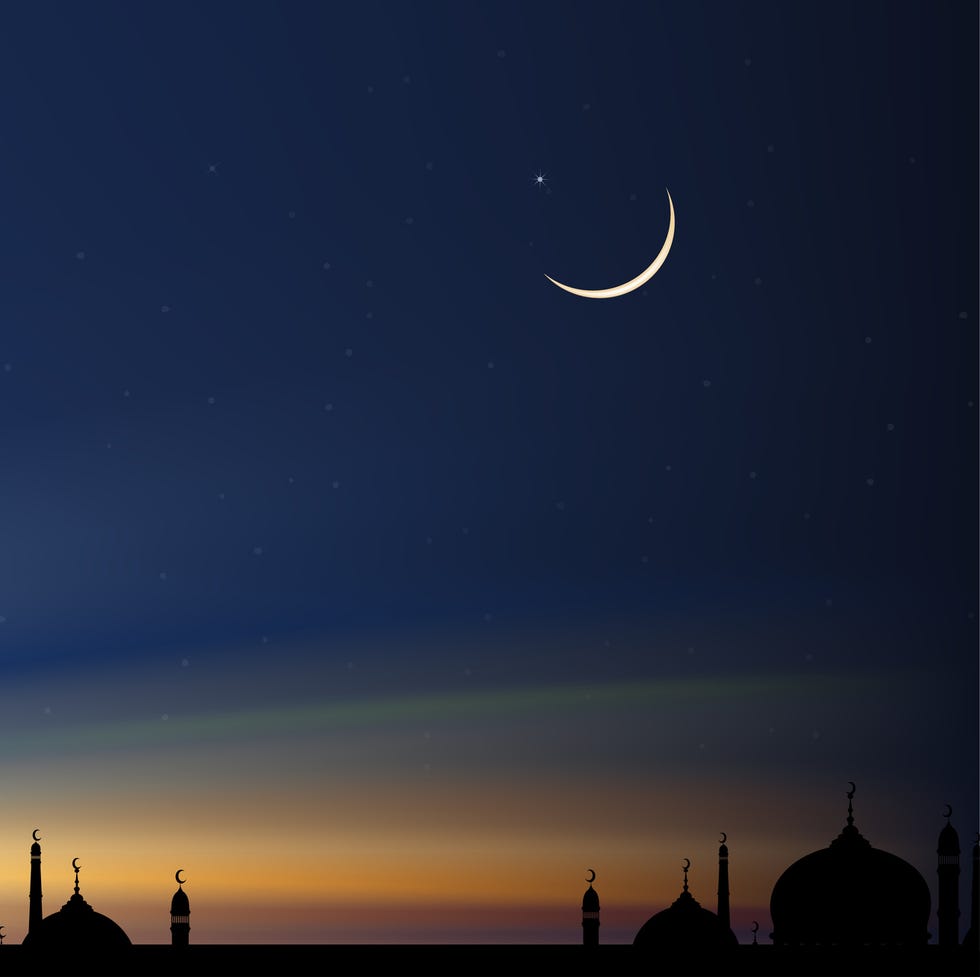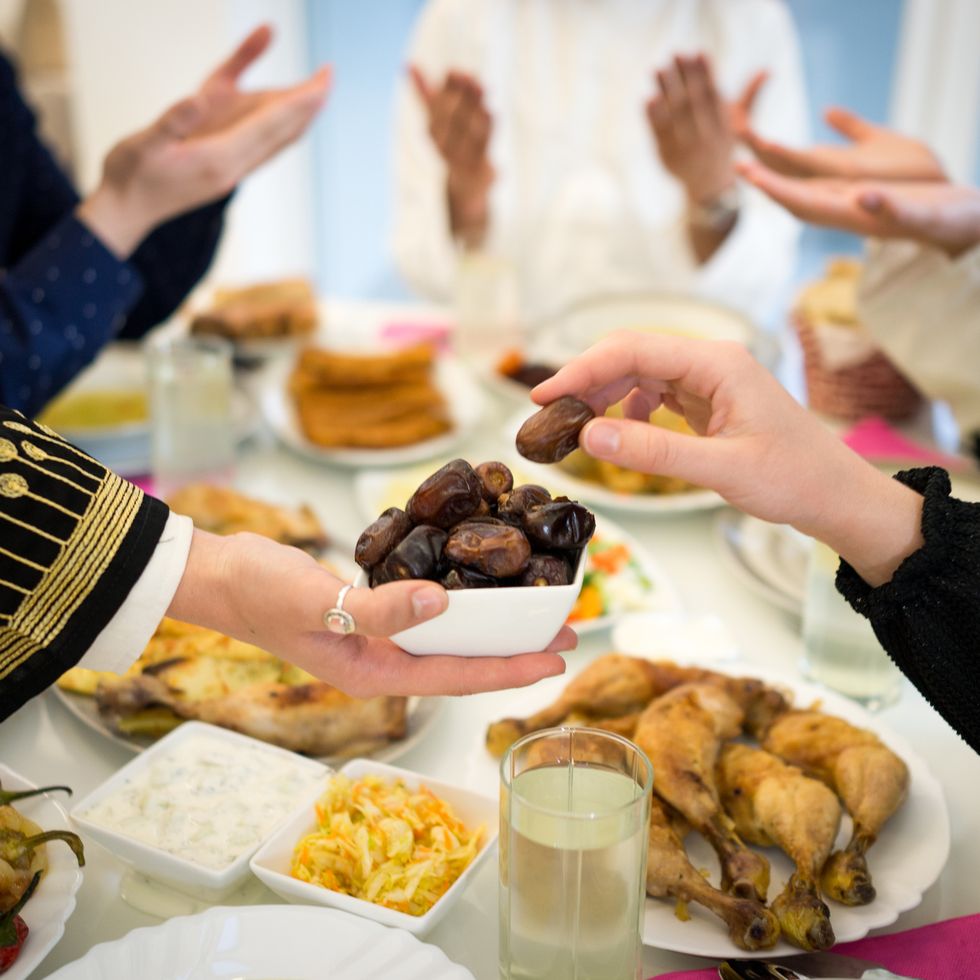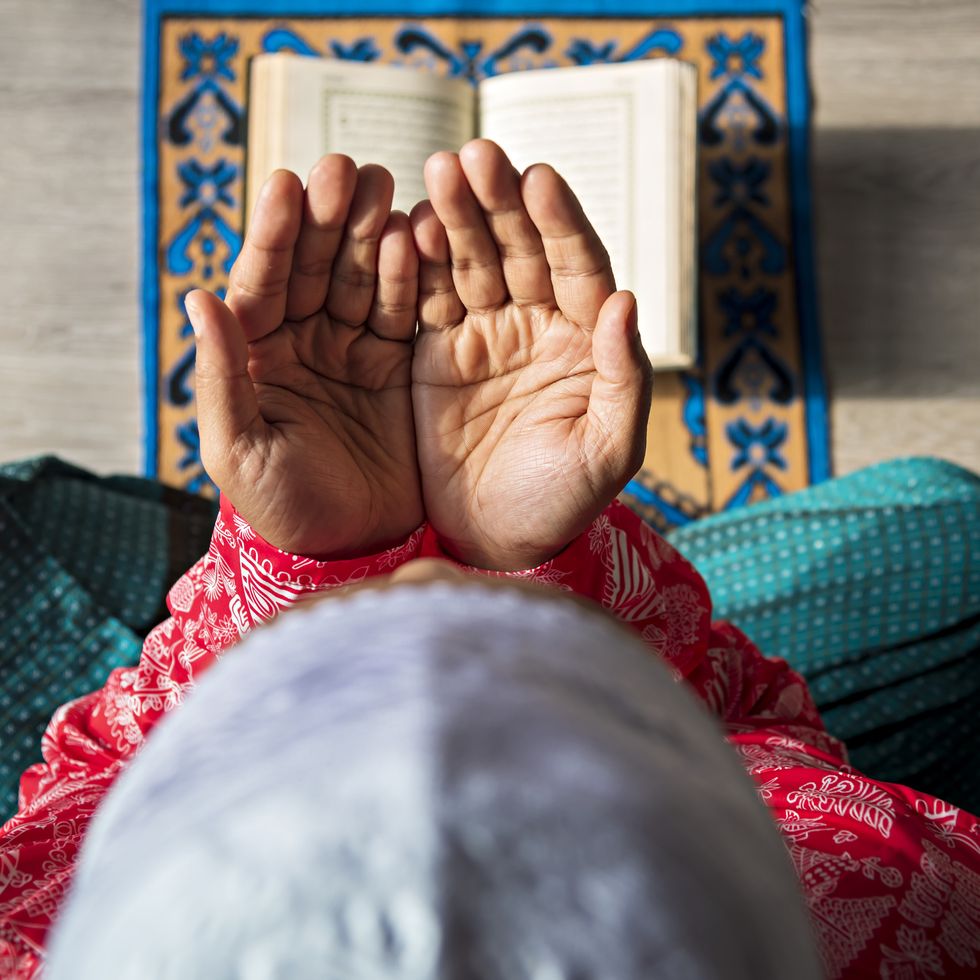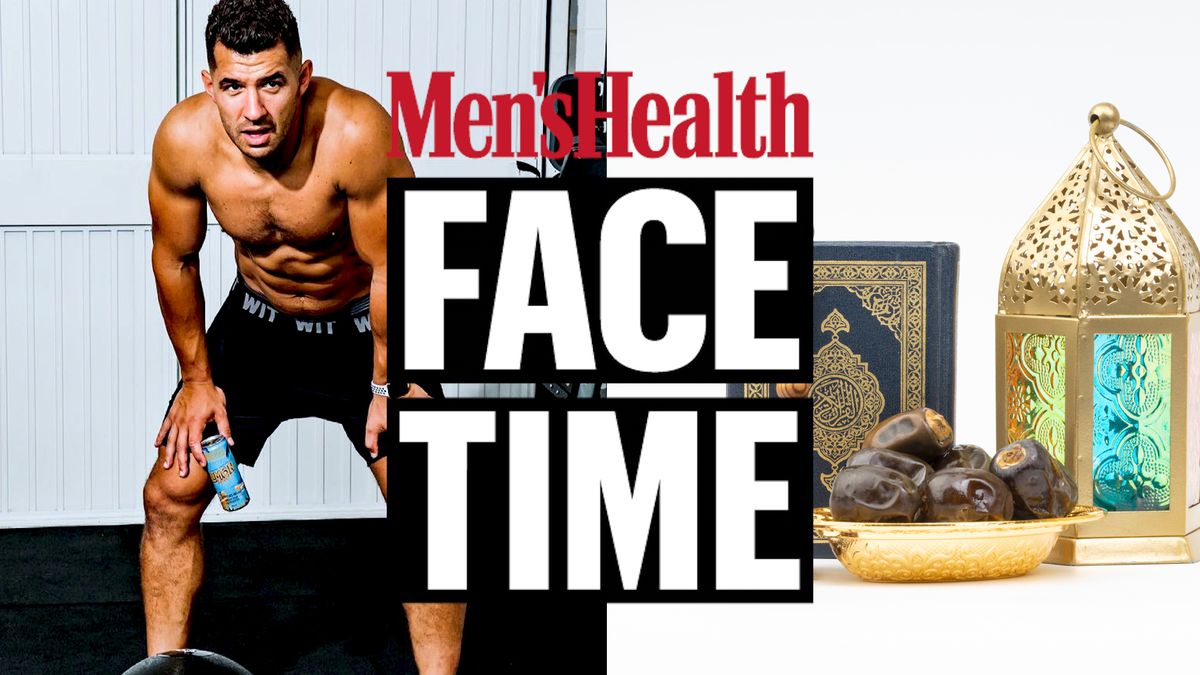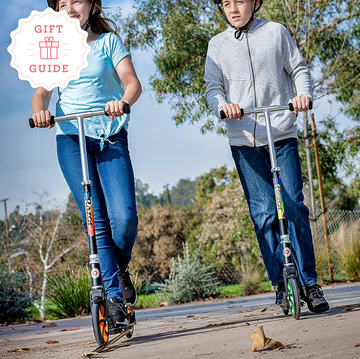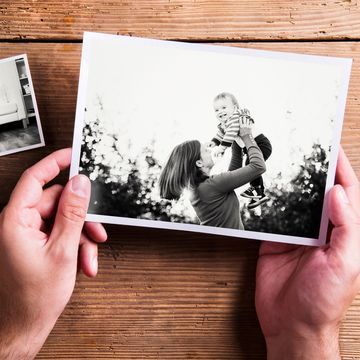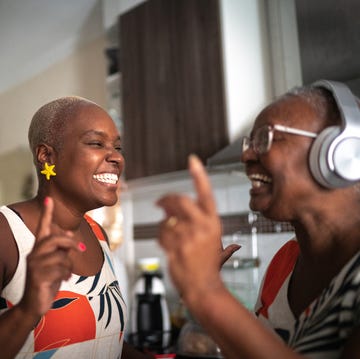Ramadan is a special time of year for millions of Muslims worldwide. It is a time of festivity, community, charity and prayer. Much like other major celebrations around the world, such as Christmas, Ramadan is celebrated differently across the world with unique cultural differences. But the heart of the month is the same.
During this month, Muslims who observe Ramadan fast from food and drink from dawn to sunset. There are also special night prayers that are offered during Ramadan, especially during the last 10 nights. This is because the Quran was revealed in the month of Ramadan to the Prophet Muhammad on a night called the Night of Power. So the objective is to give life to the nights of Ramadan by staying up, reciting the Quran and engaging in acts of worship. It is common for a community mosque to recite the entire 30-part Quran in congregation during the holy month, with one part being recited each night.
Apart from reciting the Quran, performing extra prayers and giving charity, Ramadan is a time for hospitality. At sunset, families, friends, neighbors and entire mosque congregations get together to break their fast. It’s also common for family and friends to host iftar parties, which is what the meal at sunset is called in Arabic. Potlucks are popular this time of year, but others choose to prepare a homemade meal for their guests, while some arrange catering. Someone with an active social life, may have several iftar party invitations throughout the month.
Read on to learn in more detail all about Ramadan in 2024 as we answer some of the most basic questions about the celebration.
What is Ramadan?
Ramadan is the ninth and holiest month of the Islamic calendar. According to tradition, the holy book of the Quran was revealed to the prophet Muhammad during Ramadan. Muslims also believe that during this month, the gates to Heaven are open and the doors to Hell are closed. Muslims use the month of Ramadan to focus on their connection to God, reflect on their lives and spend quality time with friends and family.
“What I would love for people to know is that Ramadan is a time of hope and renewal and trying to have a fresh start,” Hina Khan-Mukhtar, a teacher and writer who is on the Board of Directors for the Muslim Community Center East Bay in Northern California told Woman's Day. “It’s really a time of rejuvenation, where it’s like, ‘I'm going to go through this month, and I'm really going to turn to God, and ask for forgiveness and ask for blessings,’ and then you come out of it with a lot of hope for starting all over again on a good foot.”
When is Ramadan?
In 2024, Ramadan begins on Sunday, March 10 and ends on Tuesday, April 9. Ramadan is a floating holiday that shifts by approximately 10 days each year. For example, in 2025, it will begin 10 days earlier than 2024, on February 28 and will continue to start 10 days earlier each subsequent year. That is because the Islamic calendar is based on the lunar calendar, which is around 10 days shorter than the solar year. That means Ramadan is experienced in all 4 seasons over the course of approximately 40 years.
Its official start is subject to the sighting of the new moon, either by spotting the new moon with the naked eye or by astronomical calculations.
How long is Ramadan?
Ramadan is the ninth month in the Islamic calendar and lasts either 29 or 30 days. Islamic holidays begin and end at sundown, so Ramadan begins at sundown on March 10 and ends at sundown on April 9 in 2024.
What are the rules of fasting during Ramadan?
During Ramadan, Muslims fast every day from dawn to sunset. Everyone is expected to participate, although there are some exceptions for those who are ill, pregnant, nursing or traveling, as well as for young children and the elderly. Drinking liquids, smoking and engaging in sexual activity are all prohibited during the fast, as well. In the Islam faith, the fast teaches discipline, sacrifice, mindfulness, reflection and empathy for those who are less fortunate. If unable to fast, Muslims can give to charity or fast outside of Ramadan.
How do Muslims celebrate Ramadan?
In addition to fasting from dawn to sunset every day of Ramadan, Muslims will mark the end of the daily fast with iftar, a meal often shared with family and friends, after gathering for evening prayers. Some will also have a pre-dawn meal of milk and dates, both fast-breaking foods. An important but optional practice is to gather after nightfall for Tarawih, an additional night prayer after the communal evening prayers.
The last 10 days of Ramadan are particularly important, and some will increase their nightly prayers. On the evening of the 27th day of Ramadan, Muslims observe Layat al-Qadr, or "Night of Power." This special night is believed to be when Muhammad first received the Holy Qur'an.
What is Eid al-Fitr?
In the evening on April 9, and for the next three days, Muslims celebrate Eid al-Fitr, or the "Festival of Breaking the Fast." Eid al-Fitr marks the end of Ramadan and is the second major Islamic holiday. It's celebrated through communal prayer, gifts and a feast.
The day begins with a special prayer service known as Salat al-Eid followed by a sermon from the imam. Muslims dress in their best clothing for these services and attend with friends and family. There is also a gratitude chant that is recited communally on all 3 days of Eid, particularly after prayers. Mosques host festivals with food, games, rides, bazaars and vendors and those with family nearby may enjoy with at-home celebrations. Those celebrating also pay zakat al-fitr, an alms-tax that goes towards those in need. Some will also donate to charities in addition to the zakat al-fitr.
Paying a visit to the graves of deceased family and friends is also an Eid tradition. And we can’t forget about sweets! Eid al Fitr is also known in some cultures (such as Turkish and Pakistani) as the Festival of Sweets. Every culture has traditional Eid desserts that they make or buy in celebration of the holiday - and sometimes these treats are only available seasonally on Eid Al Fitr. The flavors and scents of the desserts are really what help the holiday come alive and make meaningful memories in the kitchen. Plus, desserts are one of the most traditional hostess gifts on Eid!

